Americas
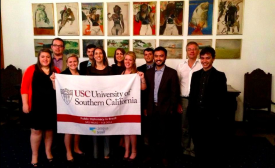
In early February, 7 USC Master of Public Diplomacy students embarked for São Paulo, Brazil. We arrived with just a day to get acclimated to the city before our meetings began on Monday. As students of diplomacy, the logical choice for a research trip to Brazil might be Brasilia. As the capital, it hosts the country's diplomatic corps and would certainly make a worthy case study of how diplomacy works in Brazil. While traditional diplomacy will always be worth pursuing, we are not going to Brazil to study it.
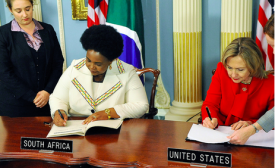
This piece was co-authored by Kathy R. Fitzpatrick.
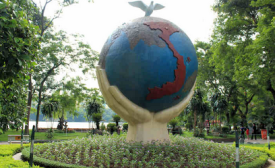
Often, those of us who study public diplomacy forget about the hard work put forth daily by thousands of U.S. volunteers working as citizen diplomats.
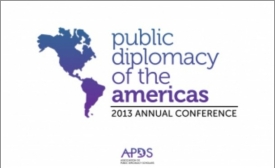
The USC Center on Public Diplomacy was pleased to co-sponsor the Association of Public Diplomacy Scholars (APDS) 2013 annual conference on public diplomacy in the Americas.
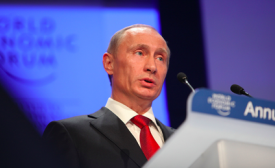
Putin is known for the love of strong language and a questionable, if not inappropriate, sense of humor. This has not changed over his nearly 15 years in power. Russia’s head of state ascended to the presidency in 1999-2000 famously promising to “waste terrorists in the out house, ” and most recently dismissed Assad’s chemical attack claims as “utter nonsense,” raising some eyebrows in the West.
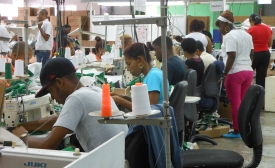
I spent the past few weeks in the Dominican Republic with United Students Against Sweatshops (USAS), witnessing workers’ grassroots efforts to further basic human rights in the workplace. Conducting cultural diplomacy, American college students of USAS also work closely with Dominican workers to reform corporate social responsibility
(See my previous blog post for background information).
There is most probably no left wing leader who had influenced public opinion inside and outside the Latin American part of the Western hemisphere to the same extent as the unconventional Venezuelan president Hugo Chavez had over the last decade. Doubtlessly, his death three weeks ago ended one phase of Venezuela’s political development. Now facing the caudillo’s loss, the electorate has to determine the sustainability of principal public diplomacy paradigms of the Chavez government.
At the hub of public diplomacy in the western United States, here at CPD we were very busy last week. We started off with a workshop on Mexican Public Diplomacy and ended with a conference on International Broadcasting in the Social Media Era. Now you may be wondering what is the common thread, aside from public diplomacy, that links these two bookends of a week together.







